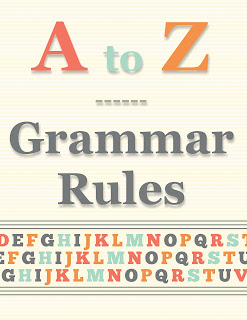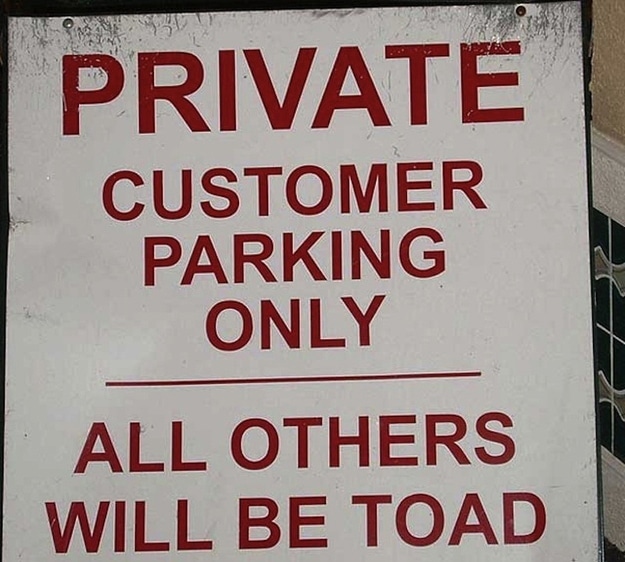I'm not sure an unpublished writer who follows all of the "rules" will ever get published. Seriously.
I finished my young adult novel back in July and began the query process. I was consumed with following the "rules" of proper query letter writing... I read and researched to learn the best ways to write it, submit it, and follow it. Rejection. Rejection. Rejection.
Then I found a series of posts on The Guide to Literary Agents' Blog. The series featured actual queries that snagged an agent. The agents commented on the query letters and explained why they were successful. I noticed a trend. Most of these letters didn't follow the "rules" I had found. I also noticed that many of the agents commented how the letter stood out from the rest of the slush.
I scratched my chin and thought, "They stood out because they didn't follow the rules and because their voice really shined through."
I rewrote my query as though there were no rules. I didn't limit my word count. I didn't limit my paragraphs to three. I didn't start by introducing the genre or the main character.
I sent the query letter out to eleven agents on the eleventh of November, at eleven p.m. HA. I'm actually serious... although, it wasn't premeditated. I figured, my favorite number was eleven. I should take advantage of it, right?
Well, either the number eleven worked for me, or breaking the rules did, because eleven days later (I KID YOU NOT!) on the 22nd of November, an agent emailed me and asked me for the full manuscript. Well, it's been more than eleven weeks, and the ms is still with the agent. She's been busy selling books (which is a good thing, yah?) and so she hasn't had a chance to get to it yet... patience is not my virtue.
So, I sent out a new batch of query letters. This time I tried to conform the letter to more rules. Rejections.
I'm going to write a new letter this week focusing more on the spirit and voice of the book. I'm going to break the rules again and see what happens.
Now, I meant to cover one more thing in this post, but since it's so long I'll save it for another post. While I think it may be necessary to break some rules to get noticed... I think other rules need to be followed. Oh, and one more topic for a future post... Who's writing the rule book and what makes them the authority?




















